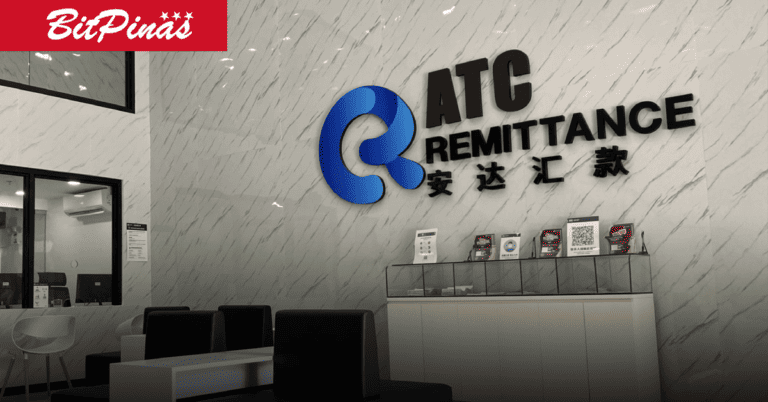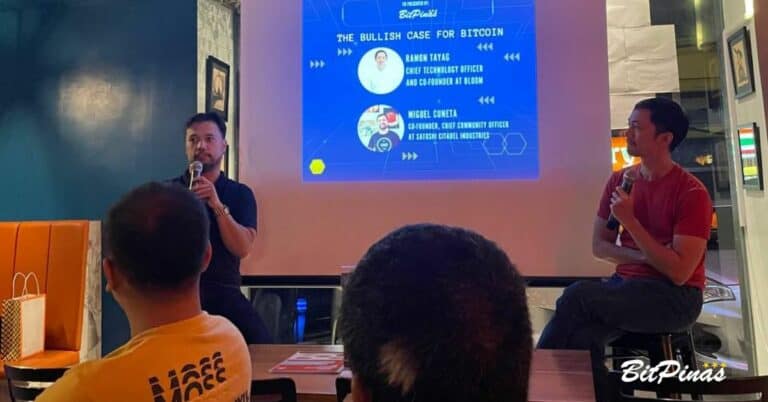PH CEZA and Japan Science and Tech Minister Meet to Discuss Crypto Laws and STO
Both Sec. Lambino and Minister Takemoto said they hope for the Philippines to finally catch up and formalize its laws regarding STOs.

January 16, 2020 – Japan’s Minister for Science and Technology Policy Naokazu Takemoto and CEZA (Cagayan Economic Zone Authority) Administrator and Cabinet Secretary Raul Lambino met this month to discuss financial technology in both countries, in particular, the topics around cryptocurrency, blockchain, and security tokens.
Security Tokens
As reported by the Manila Bulletin, the topic of STOs came up in line with Japan’s upcoming revision of its Payment Services Act and Financial Instruments and Exchange Act. Security tokens, in essence, are investment contracts that represent legal ownership of a physical or digital asset, verified within the blockchain. For Minister Takemoto, the digitalization of such assets will enable people who previously could not participate in traditional investment offerings to do so.
Japan STO Association
Many security token offerings have now emerged around the world and it has become important for laws to be formed that tackle them. Minister Takemoto said a number of companies in Japan, including SBI Securities, Rakuten Securities, and Nomura Securities formed the Japan STO Association last year.
Laws in the Philippines
In the Philippines, there is no law in place explicitly for security tokens. In the absence of such laws, the Securities Regulation Code applies. The country has established guidelines for virtual currency exchanges. However, rules for digital asset trading platforms and initial coin offerings are still in draft form. CEZA, being in control of the Cagayan Economic Zone has special rights that allows it to form its own rules governing digital assets. Thus CEZA’s Financial Technology Solutions and Offshore Virtual Currency (FTSOVC) License allows a licensee to engage in crypto trading services. The caveat is that this is offshore. These companies can set up at the zone to take advantage of incentives such as lower cost of labor vs neighboring countries and ease of doing business because of the country’s English speaker talent.
However, the companies with the FTSOVC license can only provide this service to non-Philippine residents. This means it can only so far as provide back offices while the actual trading services, etc are only for abroad. As such Secretary Lambino said there truly is a need to set up rules and regulations or a law that will allow the Philippines to benefit from the emergence of these innovations. Of course, one good side of this is that since these fintech companies’ back offices are in the Philippines, these companies are therefore training Filipinos to be knowledgeable in the field. Both Sec. Lambino and Minister Takemoto said they hope for the Philippines to finally catch up and formalize its laws regarding STOs. The Secretary said it’s going to be the answer to scams and fraudulent activities.
This article is published on BitPinas: PH CEZA and Japan Science and Tech Minister Meet to Discuss Crypto Laws and STO
Read More:
- 2019 Regulatory Developments on Crypto & Blockchain in the Philippines
- 16+ Places/Websites to Buy Cryptocurrency in the Philippines






